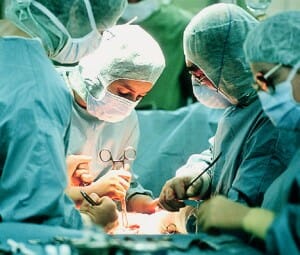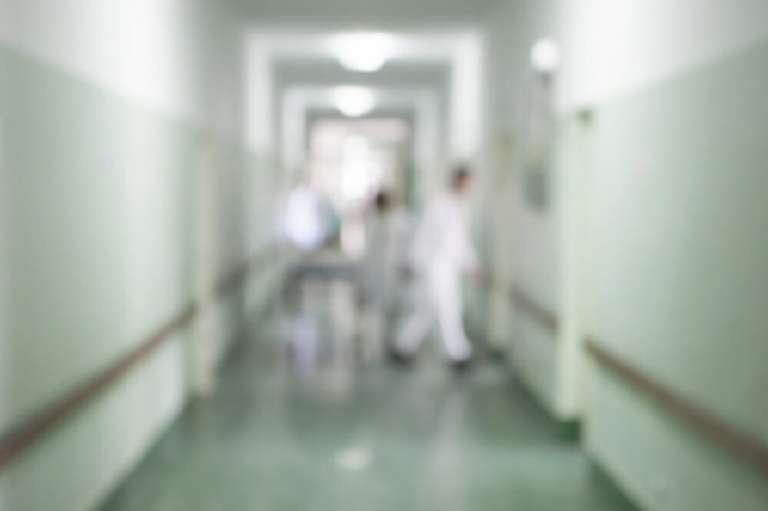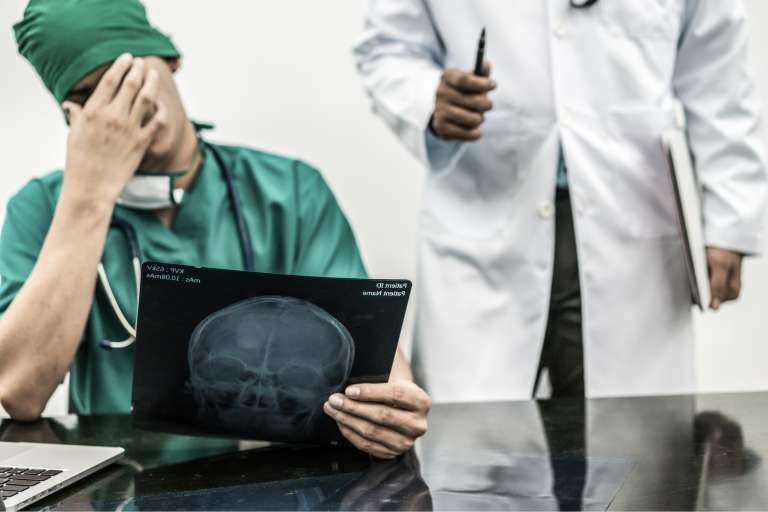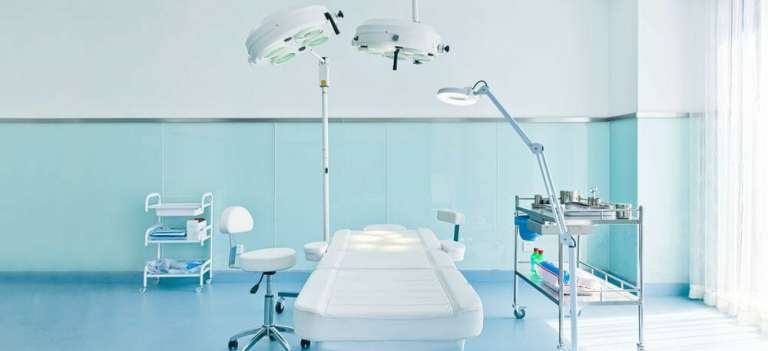NHS bosses have declared winter crisis measures over. However, doctors say any respite may be temporary and should be used to deal with a severe bed shortage.
NHS England announced that hospitals could return to business as usual as beds become free and a flu outbreak eases.
At the start of January, a national crisis team advised hospitals to cancel all non-urgent operations until the end of January to ease pressure on dangerously overcrowded wards.
NHS England data revealed 95 percent of hospital beds were occupied at the start of January, well above the safe level of 85 percent.
Hospitals asked patients to stay away during the first weeks of the year. It is thought that about 55,000 procedures such as cataract removals and hip replacements were delayed.
Since then the heads of half of England’s A&E units have written to the prime minister warning of patients dying in corridors as a result of safety compromises, while flu cases surged, causing 155 confirmed deaths.
Public Health England said a boy aged nine or ten had died in Devon from flu. Bayad Nozad, a consultant for Public Health England South West, said: “We are aware of the very sad death of a young person who was confirmed to have had influenza infection. Our thoughts are with the family at this tragic time. The exact cause of death is yet to be established.”
At a recent meeting, however, the national emergency pressures panel decided there was no need to extend surgical cancellations into February.
While acknowledging that “demand remains high”, Pauline Philip, national urgent and emergency care director, said pressures had eased in recent weeks, telling hospitals: “Systems will be expected to work with their regional directors to plan a timely and appropriate return to a full elective care programme.”
Taj Hassan, president of the Royal College of Emergency Medicine, said: “It’s reassuring that some of the intolerable pressures that departments were facing have eased enough for elective care to resume, but the reality is demand is very high for emergency departments, many of which are still overcrowded due to an inadequate bed base. Many departments are still struggling badly.”
He added that a new surge in flu or norovirus or another cold snap could put the pressure back on and that long-term action was needed to deal with “chronic bed occupancy that far exceeds safe levels”.
Chris Hopson, chief executive of the hospitals’ group NHS Providers, said: “It is encouraging to see signs of winter pressures abating, but we know it is too soon to say we are through the worst.”





